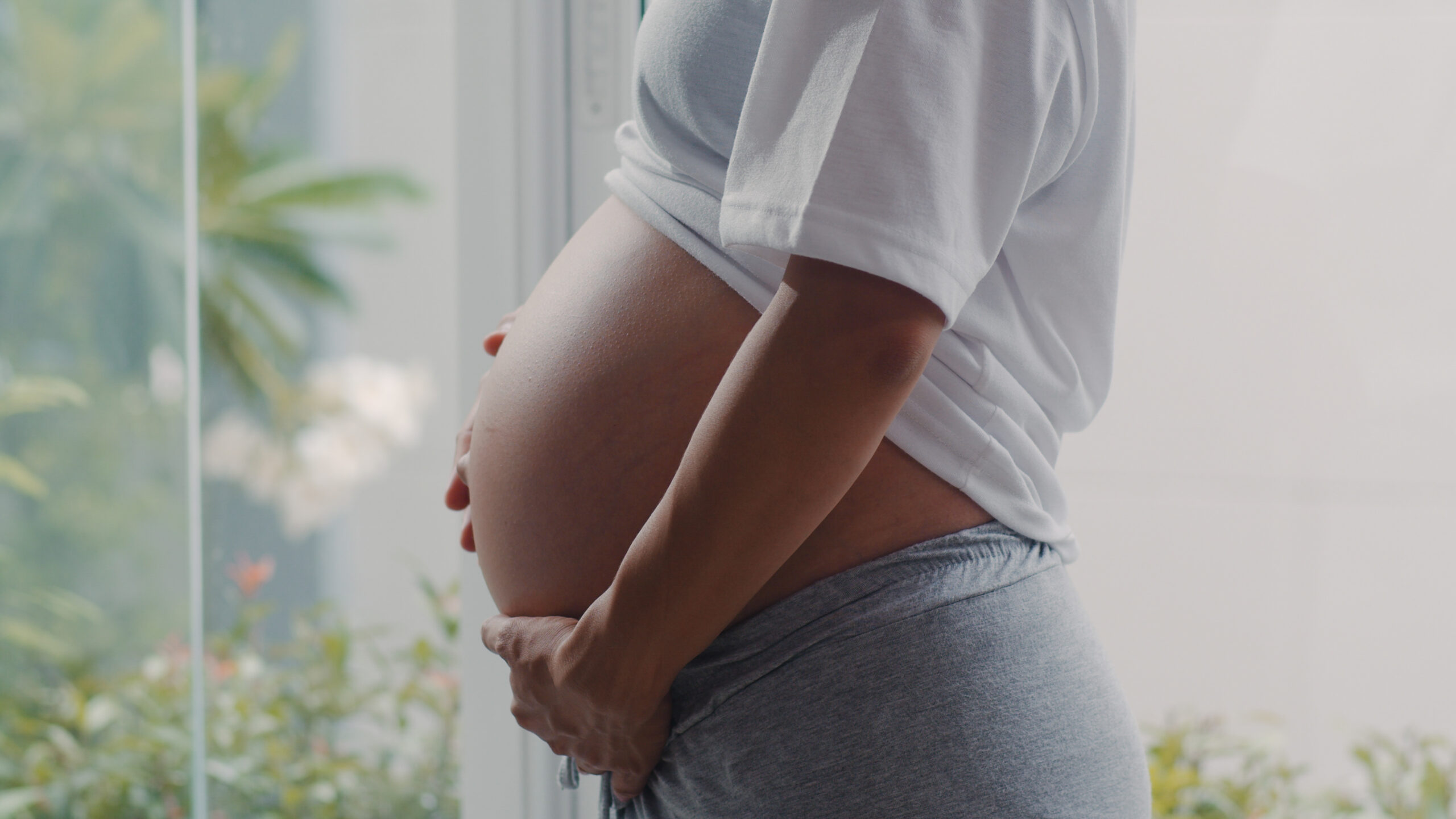Older and trying for a baby?
You have left it a bit late to have children and are now worried if your eggs are still fertile. There is no need to panic when your biological clock
You have left it a bit late to have children and are now worried if your eggs are still fertile. There is no need to panic when your biological clock starts to tick, as you can still preserve your fertility if you delay having children. Here is how you do it.
Many women are today delaying having children as they pursue other areas of interest such as career, education and independence. Others are simply not able to get into stable relationships that can produce children. There are still others who want to wait until marriage to have children, but forties come and find them still single. Unlike in the past when most women started having children in their twenties and were done by the time they were 35, today a lot of women are starting families while in their late thirties. If, for whatever reason, you are not able to have children when you are young – meaning in your twenties when your eggs are at their prime and fertility at it’s peak- you are advised to use various fertility-preserving techniques to slow down the deterioration of your eggs. Below are some recommendations.
Have safe sex.
It is important to be sexually healthy if you want your eggs to remain healthy and fertile for a long time. Sexually transmitted infections (STIs) such as Chlamydia and gonorrhoea are a major cause of infertility, as they can trigger scarring in the reproductive tubes. Some STIs, for example Chlamydia, have no symptoms, so regular gynaecological check-ups are important if these diseases are to be caught in good time for effective treatment. But most important is for you to practice safe sex, especially if you have more than one partner. Ensure he uses a condom or you use one. If you are trying for a baby with a new partner, ensure you both get checked for STIs as well as HIV. Never have unprotected sex with a partner whose sexual health history you don’t know. Its like jumping off a cliff. Discuss with your partner when planning for a baby so that both of you can take measures to ensure your reproductive and physical health are at their optimum.
Eat healthy.
A healthy diet is crucial for maximum fertility, so eat a balanced diet with all nutrients. Include lots of fruits and vegetables and ensure the cooking methods you use do not kill nutrients. You should, in particular, include foods that will boost your fertility such as those rich in folic acid (from greens such as kale and spinach); iron (found in red meat); calcium (from dairy products); zinc (from vegetables such a asparagus); fibre (from brown rice and whole grains); and unsaturated fats such as olive oil. You could also add food supplements to your diet if you suspect you may not be getting enough from food. Research also shows that eating low, rather than high-fat dairy may impair ovulation. Women who eat two or more servings of low-fat dairy (milk or yoghurt) each day are 85 per cent more likely to fail to ovulate. So ensure you include some saturated fat in your diet, in addition to the healthier unsaturated fats. You should also maintain a healthy weight, as low body weight or excess body fat can also lead to infertility. You should eat well and exercise regularly to maintain a healthy weight.
Avoid stress.
Stress can have a dramatic negative impact on your reproductive life. Extreme stress may interfere with ovulation. You should try stress-reducing activities such as yoga, rest, meditation and exercise, and also ensure you are leading a balanced life. If you are not able to reduce your stress levels on your own, you should try counseling.Another method that works is the use of positive visualisation to boost endorphins and reduce stress hormones. Conception is more likely to occur when your stress levels are down. If thinking about having a child at your age stresses you, try visualising your body as highly fertile, with follicles growing and eggs maturing – just waiting for the right moment to make a child. Don’t allow negative thoughts to occupy your mind.
Quit smoking.
You should quit smoking if you want to maintain your fertility. Smoke contains toxic compounds that can affect egg formation, ovulation and fertilisation. Some studies show that chances of conception for smokers are reduced by 40 per cent. Smoking also increases the risk of miscarriage and also advances the onset of menopause. Many studies have shown that smoking sends fertility plummeting. However, your fertility could be back to normal within three months of quitting. If you are not a smoker, ensure you keep away from second hand smoke, which is also as dangerous. If your partner smokes, its time he quit for your sake or becomes considerate enough not to smoke close to you. Also avoid crowded places such a discos and enclosed rooms where there may be smokers. Reduce alcohol intake. Excessive alcohol is harmful to your health and does not do any good to your fertility. If you want your eggs to remain healthy and fertile for a long time, reduce your intake of alcohol or cut it out altogether. If you must drink, stick to the recommended daily intake of one small glass of wine a day.
Avoid binge drinking.
Also bear in mind that excessive alcohol reduces your judgment level and you are likely to engage in unplanned casual sex when drunk, thus exposing yourself to sexually transmitted diseases. You are also more prone to accidents when under the influence of alcohol. Have your fertility assessed. Ask your gynaecologist to do the following blood tests to check how your biological clock is ticking if you are over 35.




